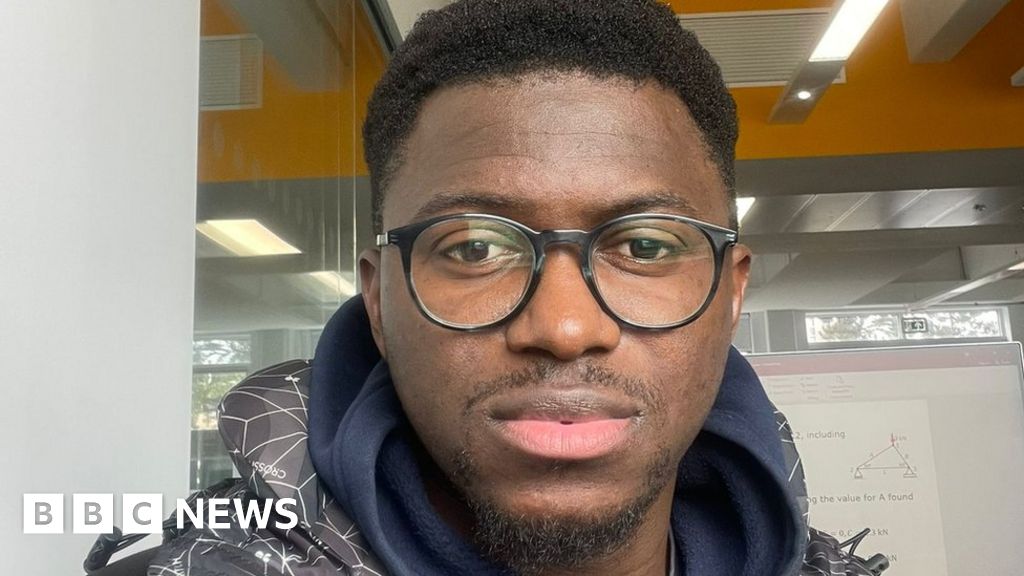In November 2019, Pa Edrissa Manjang began working for Uber Eats as a black driver. Initially, the app did not require him to send selfies for job registration. However, in 2021, Microsoft-powered Uber Eats increased verification checks, leading to his account removal due to “continued mismatches.”
Speaking on the issue, an Uber representative explained that the real-time ID check is aimed at ensuring safety for all users of the app. The company has implemented human oversight to prevent unjust decisions impacting someone’s livelihood. The Equality and Human Rights Commission (EHRC) and the App Drivers and Couriers Union supported Mr. Manjang’s case, expressing concerns that the facial-recognition AI had unfairly affected his income. The ADCU highlighted that the number of selfie requests amounted to racial harassment.
Mr. Manjang was eventually reinstated and is still working for Uber Eats in Oxfordshire. He emphasized the importance of his case shedding light on the challenges of AI, especially for low-wage gig economy workers. He hoped the decision would further strengthen the rights and protections of workers, particularly those from ethnic minorities. Baroness Falkner, chair of the EHRC, criticized the opaque processes that Mr. Manjang had to navigate and emphasized the need for clearer routes to challenge such technology.
Previous cases involving ethnicity bias in technology have raised concerns about its impact on individuals. The case of Mr. Manjang brings attention to the need for transparency, oversight, and safeguards in AI’s use in workplaces to protect workers’ rights.
Microsoft-powered Uber Eats increased verification checks in 2021 due to continued mismatches with Pa Edrissa Manjang’s face recognition system.
An Uber representative stated that real-time ID checks are designed to ensure user safety with human oversight preventing unjust decisions affecting someone’s livelihood.
The Equality and Human Rights Commission (EHRC) and App Drivers and Couriers Union supported Mr. Manjang’s case expressing concern over facial recognition AI’s unfair effects on income.
Mr. Manjang was eventually reinstated after being removed from his job due to mismatched facial recognition checks.
Baroness Falkner criticized opaque processes while highlighting clearer routes are needed for challenging technology.
Previous cases involving ethnicity bias in technology have raised concerns about its impact on individuals.
The case highlights transparency, oversight, safeguards needed in AI use in workplaces protecting workers rights specifically those from ethnic minorities
